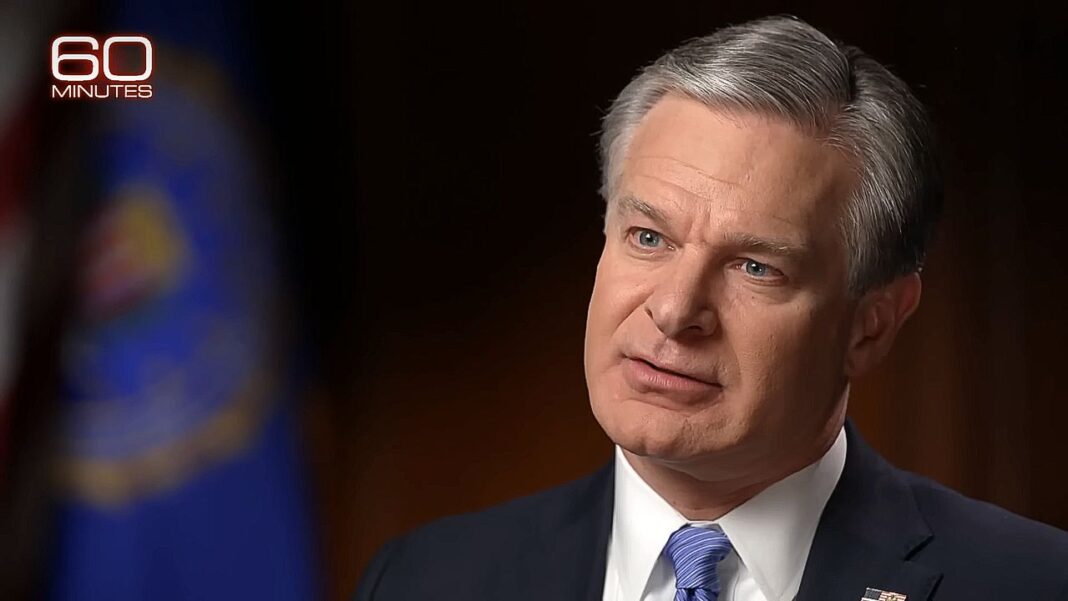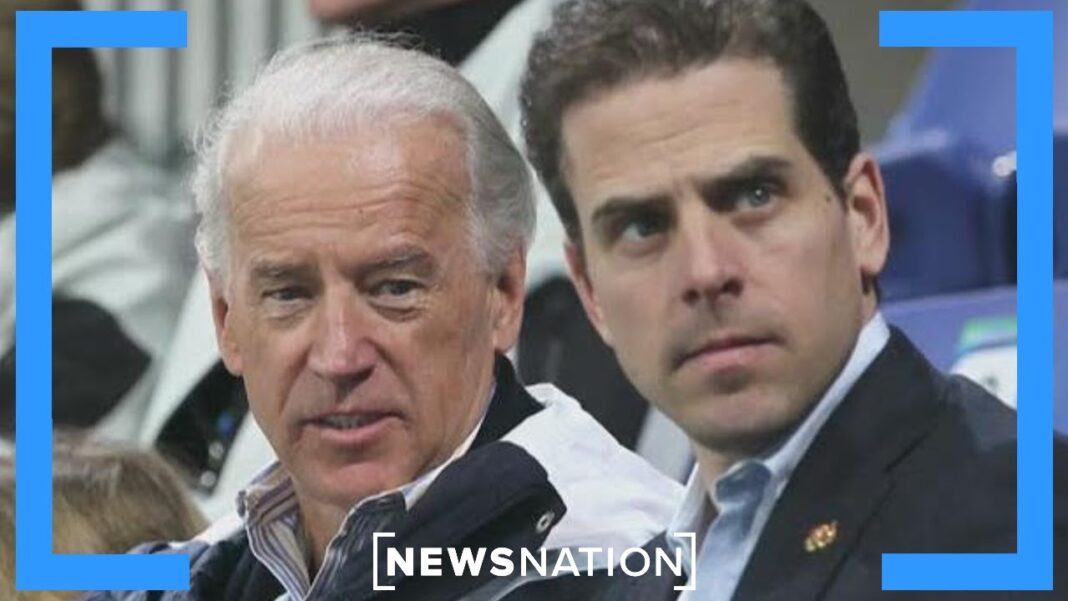The “Trump Effect” is making waves not only in the United States, but around the world as well. As President Donald Trump prepares to enter the White House for a second term, leaders and decision makers everywhere are preparing as well.
This is the “Trump Effect.”
It refers to the political, cultural, and diplomatic shifts associated with the presidency of Donald Trump and his influence on both domestic and international politics. The term captures a broad spectrum of changes, including shifts in political norms, the conduct of diplomacy, the role of populism, and transformations within traditional political institutions.
It is worth looking at its impact since it says a lot about Trump’s power as well as highlights just how powerless President Joe Biden has been.
The Trump Effect on the Domestic Political Landscape
The Trump presidency deepened political polarization in the United States. Trump’s rhetoric and policies energized his base but also galvanized opposition, leading to a highly divided electorate. This polarization continues to influence political discourse, including debates on social issues, immigration, and economic policy.
There is no doubt that Trump’s rise was fueled by a wave of populism, characterized by the rejection by millions of voters of political elites and traditional institutions. His messaging focused on “draining the swamp,” appealing to voters who feel alienated by Democrat governance, globalization, and bureaucratic overreach.
Trump’s use of social media, particularly X and his own platform, Truth Social, transformed the way politicians communicate directly with the public. The emphasis on “alternative facts” and distrust of mainstream media has contributed to the erosion of shared realities in public discourse.
During his first administration, Trump appointed a significant number of conservative judges, including three Supreme Court justices. These appointments are shaping judicial decisions on issues like abortion, gun rights, and regulatory authority for decades.
The Trump Effect on the International Diplomatic Landscape
Trump’s foreign policy doctrine prioritizes U.S. interests over multilateral cooperation. This led to withdrawals from international agreements, including the Paris Climate Accord and the Iran Nuclear Deal, and renegotiations of trade agreements like NAFTA (replaced by the USMCA).
Relations with traditional allies, such as NATO members and European partners, were often tense under Trump. His criticism of NATO and calls for greater financial contributions from allies marked a departure from post-World War II norms of alliance solidarity.
Trump’s willingness to engage directly with leaders like North Korea’s Kim Jong-un, Russian President Vladimir Putin, and Chinese President Xi Jinping has drawn both criticism and praise. Critics argued it legitimized authoritarian regimes, but supporters highlighted the pragmatic approach to diplomacy. At the end of the day, leaders respect Trump far more than they respect Biden.
Trump’s first presidency appeared to challenge the global perception of the U.S. as a stable and predictable leader in world affairs. This has led some nations to seek alternatives, such as strengthening regional alliances or diversifying their partnerships beyond the U.S.
But it didn’t take long for nations to understand that with Trump at the helm, America meant business and wasn’t as naive as Democrat leaders have been.
The broader implications of the “Trump Effect” are important.
Trump’s success inspired populist movements worldwide, from Europe to Latin America. Leaders like Jair Bolsonaro in Brazil and Viktor Orbán in Hungary adopted similar rhetoric and approaches, challenging the liberal democratic order.
Trump’s trade wars, particularly with China, which started the war, disrupted global supply chains and underscored the growing economic rivalry between the two major powers. This has accelerated shifts toward regional trade blocs and reshoring of manufacturing. Hopefully this weakens China.
Trump’s supporters love his disregard for “traditional” diplomatic decorum and political norms that no longer work. While Democrats believe in appeasing nations and leading from behind, Trump knows his approach is correct and good for America. His norm-breaking approach continues to influence both political campaigns and governance styles in the U.S. and abroad.
As he readies to enter the White House for a second time on January 20, Trump remains a significant figure in American and international politics. His continued influence over the Republican Party and return to power are reshaping political calculations domestically and internationally. Allies and adversaries are watching closely to gauge how Trump’s policies may influence their strategic decisions.
The “Trump Effect” is a wonderful phenomenon that has redefined political and diplomatic norms – for the better. It reflects deeper trends of discontent with dysfunctional governance models, rising populism, and the reshaping of international power dynamics.
Trump and his policies will continue to shape the U.S. and the global political order for years to come.







